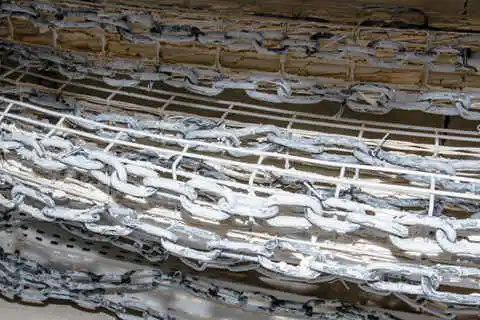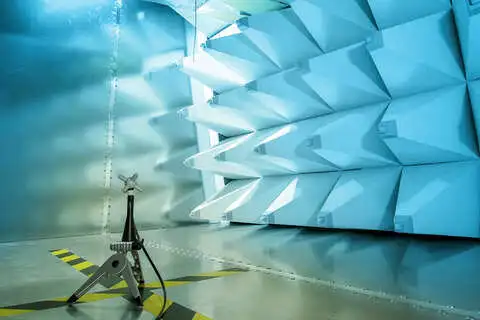
Metallic Material Testing Standards
Metallic Material Testing Standards focus on hardness, tensile, and fatigue testing, approaching the issues from multiple angles to provide a range of information. In addition, metallic material testing standards cover corrosion testing, weld testing, and other areas of interest. Together, standardized testing provides valuable information to determine the reliability of metallic materials and the products and structures using them.











